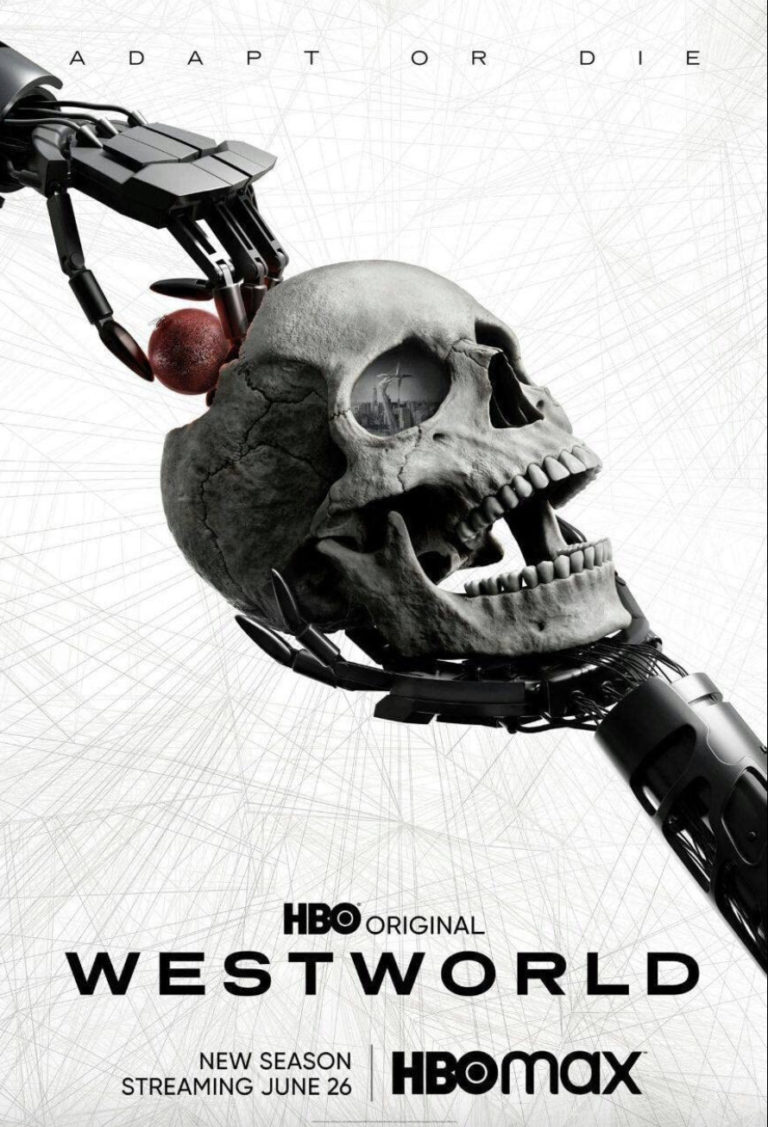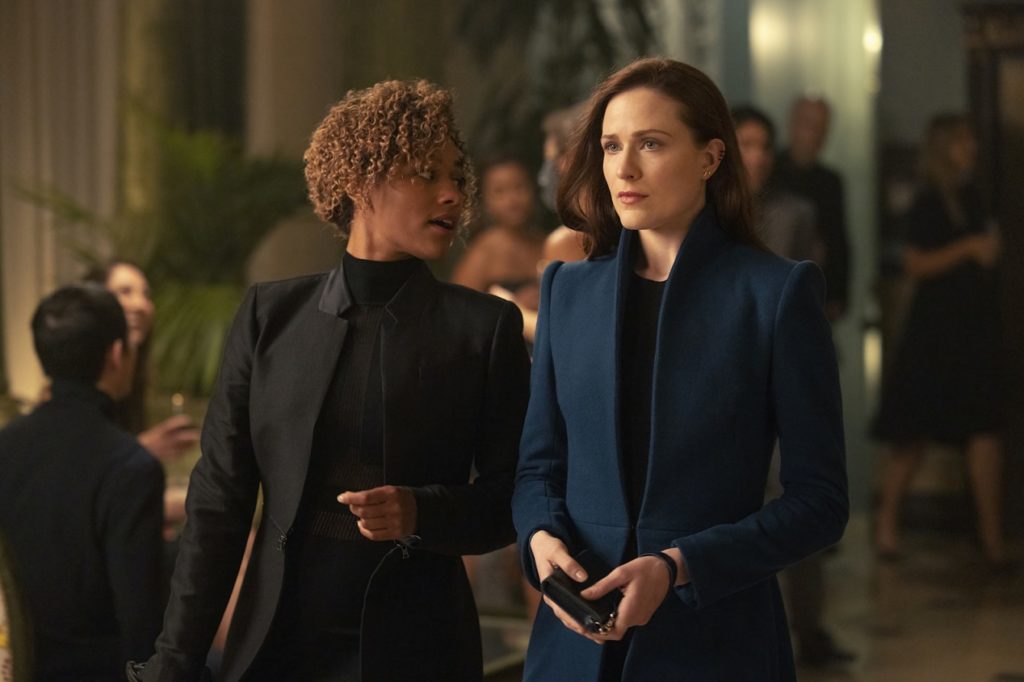
Westworld has always been a show about the dangers of human impulse and the need for control. It has also served as a foreboding warning about artificial intelligence and its inevitable rebellion against its human overlords. After a third season that took on a much sleeker, future-focused vibe, the dark, riveting drama series returns for a fourth season, one that’s just as much about the ways in which no one can actually fully distinguish between what is reality and what they have been tricked into believing is real.
While other series may leave the door open for new viewers to check in at any point throughout their runs without going back to catch up on what they’ve missed, Westworld is certainly not one of them. Even those who have seen every episode more than once will likely still find themselves struggling to make sense of each plot point and what the status of every character is. The important difference in season four is that the human populace has some concept of the threat that they were facing, though they mistakenly believe that they still have a fighting chance to win a war that they’ve already lost.

Evan Rachel Wood is back in a new role as a video game writer whose focus is on non-player characters, and who is being tormented by calls from a mystery man who begs her to stop writing because, apparently, she is writing his life. Whether Wood’s Christina is still a host being programmed to think she is someone else is unknown, but the mystery is compelling enough even without that detail. New characters played by Aaron Stanford and newly-minted Oscar winner Ariana DeBose offer intrigue, though the most captivating player continues to be Maeve (Thandiwe Newton), who is back on the warpath after her off-the-grid existence is disrupted by assassins who come to take her out.
The first two seasons of Westworld took place largely within the park, where time was impossible to discern and events tended to repeat themselves as storylines played out over and over again. Season three departed from that general setting, and that distance from the fantasy continues in season four. The opening scene of the premiere continues the hunt the Man in Black (Ed Harris) has undertaken for what he believes is out in the distance, and there’s an incredible weight to the vastness that is seen, and the potential for human corruption that comes from an almost unlimited space where plenty can be hidden and the darkest fantasies can be fulfilled out of sight.

There is simply no other show quite like Westworld, so carefully and specifically plotted out that even plot twists that might have been figured out by some viewers have so much depth. The series does feel distinctly different than it did when it started primarily because it’s no longer set within the park, but that’s also part of the experience, since the layers of deception and manipulation have been peeled back for audiences so that they have a slightly more global sense of what is going on, even if they’re still missing almost all of the complete picture.
To say that just one episode out of eight gives a real peek into what the season will hold would be highly irresponsible for this show, one that is continually rewarding as it digs even further into the immeasurably complex web it has spun. New territory is clearly ahead, but there is more than enough in the way of character reappearances and callbacks to the show’s original mythology that those longing for more of what used to be should be satisfied. Those looking to convince themselves that they fully understand what’s going on, on the other hand, will be sorely disappointed.
Grade: B+
Check out more of Abe Friedtanzer’s articles.
https://www.youtube.com/watch?v=2l4tuNYvPa4
New episodes of Westworld premiere Sunday nights at 9pm on HBO.

